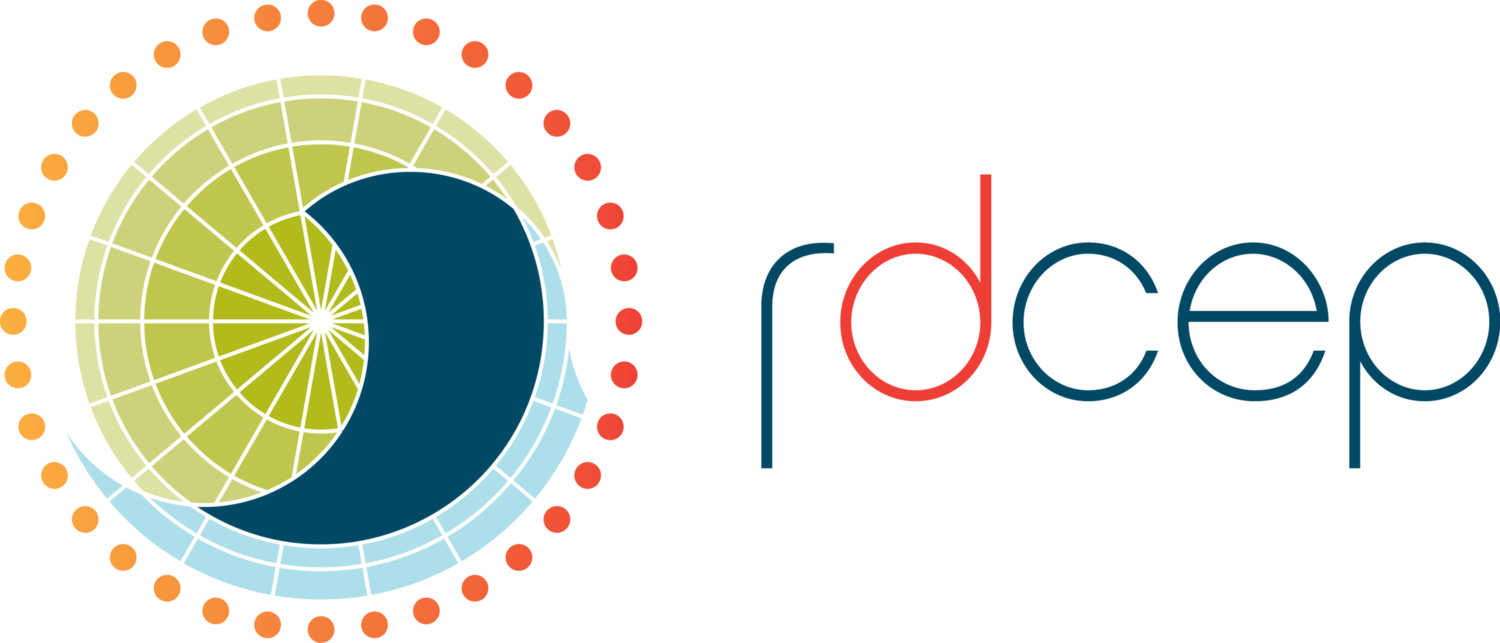V. Rao Kotamarthi
/Atmospheric Scientist and Manager, Climate Research Section, Environmental Science Division
Argonne National Laboratory
Areas of Expertise:
- Spatial and temporal evolution of greenhouse gases and aerosols
- Development and evaluation of climate models
- Global and regional scale models of aerosols and atmospheric chemistry
Kotamarthi has over 20 years of experience in modeling and analysis of atmospheric chemical and physical process. He spent five years as a research scientist at AER, Inc., Cambridge, Massachusetts, before joining Argonne National Laboratory in November 1996.
His current research interests are in developing coupled models for regional scale climate studies; new approaches for using sparse, point observations related to climate for model evaluation; developing process-scale models of aerosols and their impact on climate; developing methods for model inversion and data assimilation into atmospheric trace gas models; ensemble kalman filter methods and adjoint models for trace and aerosol data assimilation; biogeochemical models and carbon storage changes from shifts in land use patterns; and integrated models for climate assessments. He is also the lead PI of an international and multi-institutional field study funded by DOE to generate a reference data set to evaluate the aerosol-cloud interactions over the Ganges valley region of India.
Recent Publications
Wang, Jiali, F. N. U. Swati, Michael L. Stein, and V. Rao Kotamarthi. "Model performance in spatiotemporal patterns of precipitation: New methods for identifying value added by a regional climate model." Journal of Geophysical Research: Atmospheres 120, no. 4 (2015): 1239-1259.
Grant, Shanique L., Myoungwoo Kim, Peng Lin, Kevin C. Crist, Saikat Ghosh, and V. Rao Kotamarthi. "A simulation study of atmospheric mercury and its deposition in the Great Lakes." Atmospheric Environment 94 (2014): 164-172.
Riojas, Juanita, Hayder Abdul-Razzak, and Rao Kotamarthi. "Analyzing Mexico City's Air Quality Data to Better Understand the Sources, Sinks, and Chemical Modification of Black Carbon Aerosols." International Journal of Climate Change: Impacts & Responses 3, no. 1 (2012).



















